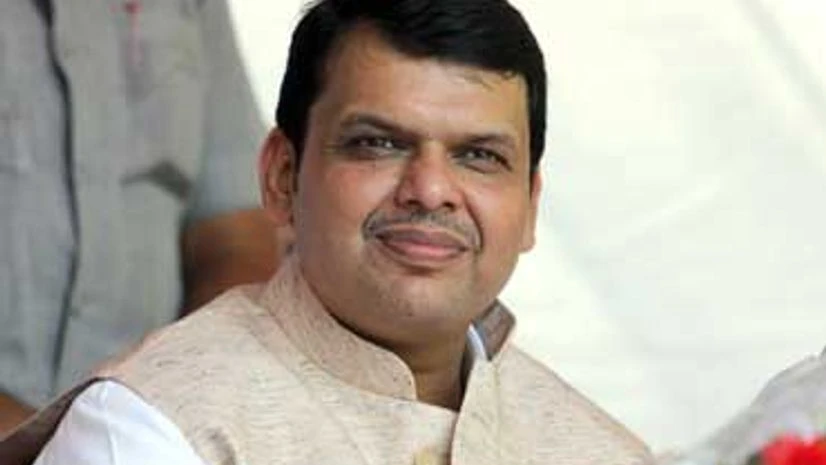In a step towards total elimination of the practice of social boycott still prevalent in various parts of the state, the Maharashtra government has prepared a draft bill 'Maharashtra Prohibition of Social Boycott Act, 2015'.
As per the provisions of the draft bill, social boycott is prohibited and amounts to an offence. Any offence punishable under this Act would be cognizable and bailable and triable by a Metropolitan Magistrate or a Judicial Magistrate of the First Class.
Whoever imposes or causes to impose any social boycott would, on conviction, be punished with imprisonment which may extend to seven years, or fine up to Rs 5 lakh, or both.
More From This Section
The bill further prohibits assembling to impose social boycott. Such a gathering would be treated as unlawful assembly, and convening, organising or participating in such an assembly would be punishable with a fine which may extend to Rs 1.5 lakh.
The district Collector, the Social Boycott Prohibition Officer and the Police would be given the respective powers to act in accordance with the Act, the bill states.
It further mandates the trial to be completed within a period of six months from the date of filing of the chargesheet so as to ensure speedy justice.
Maharashtra Chief Minister Devendra Fadnavis had announced his intent to ban the practice of social boycott during the discussion on the issue of growing incidence of the menace in the state, in the last Monsoon session of the Legislative Assembly. The government has now come up with the draft bill and sought citizens' suggestions on the same.
An official in the Chief Minister's Office said, "The right to live with dignity is a Fundamental Right enshrined in Article 21 of the Constitution and also a basic human right inherent in human existence."
It has been observed that the practice of social boycott of a person or group of persons, and their family members, still continues in various parts of the state and the existing laws have not proved effective in addressing the issue.
Social boycott, practiced at the behest of a 'Caste Panchayat' at the community level, regulates its various practices, personal or social behaviour of the members and resolves disputes by issuing written or oral dictums.
"Community", as mentioned in the draft bill, means a group, the members of which are connected together by reason or the fact that by birth, conversion or the performance of any religious rites or ceremonies, they belong to the same religion or religious creed, and includes a caste or sub-caste.

)
